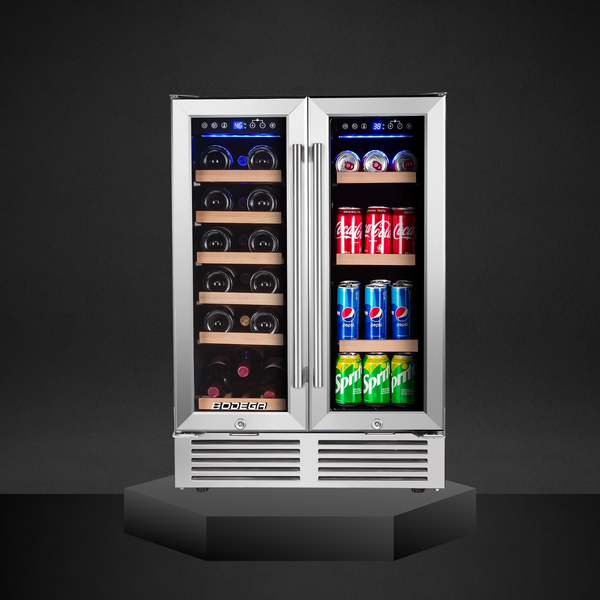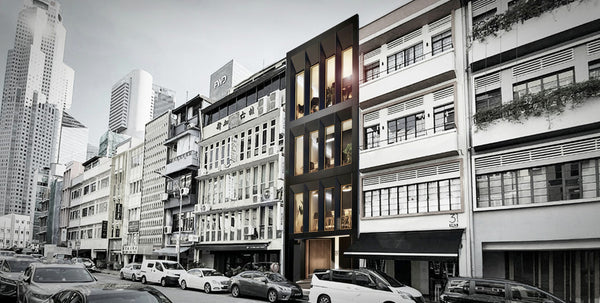
Using Wine Fridges for Non-Alcoholic Beverages: Practical or Overkill?
Wine fridges are designed with precision, offering stable temperatures and humidity control to preserve the quality of wine. But as more households invest in them, a common question arises: Can wine fridges also be used for non-alcoholic beverages? The short answer is yes — but whether it’s practical depends on your needs and expectations.
Why People Consider Wine Fridges for Non-Alcoholic Drinks
-
Space Efficiency
Many homes now feature compact kitchens, and having a dedicated wine fridge can double up as extra storage for drinks. For those who frequently entertain guests, storing sodas, sparkling water, or juices in a wine fridge keeps them conveniently chilled. -
Consistent Cooling
Unlike standard refrigerators that fluctuate in temperature due to frequent door openings, wine fridges provide steady cooling. This consistency can enhance the drinking experience for beverages like craft sodas, specialty teas, or kombucha. -
Aesthetic Value
Wine fridges often feature glass doors, LED lighting, and sleek finishes. Storing premium non-alcoholic beverages in them not only adds convenience but also elevates presentation — perfect for hosting.
Practical Considerations
-
Temperature Range
Wine fridges typically cool between 5°C to 18°C. This is ideal for wine but not as cold as most people prefer for sodas or bottled water, which are best at 2°C to 5°C. If you like your drinks extra cold, a standard refrigerator might be better. -
Humidity Settings
Wine fridges are designed to maintain higher humidity to protect corks. For canned or capped beverages, humidity is less relevant, but it could cause slight condensation build-up on bottles and cans. -
Storage Layout
Adjustable racks are meant for wine bottles, which can limit space efficiency when storing cans or differently shaped bottles. Some fridges allow shelf adjustments, but not all are flexible. -
Cost Efficiency
Wine fridges generally consume more energy than a basic beverage cooler. If your primary goal is to store sodas or juices, a dedicated beverage fridge may be more practical.
When It Makes Sense
-
You already own a wine fridge and want additional chilled storage.
-
You enjoy premium non-alcoholic beverages that benefit from stable cooling.
-
You value presentation and aesthetics in your home or office setup.
When It Might Not Be Practical
-
You want ice-cold sodas or water.
-
You need to store bulk quantities.
-
You are considering buying a wine fridge solely for non-alcoholic drinks — in this case, a beverage cooler may be a better investment.
Final Verdict
Using a wine fridge for non-alcoholic beverages is possible and, in certain situations, practical. It adds convenience, maintains steady cooling, and looks stylish. However, if your main goal is to keep sodas and juices icy cold or to store large volumes, a standard refrigerator or beverage cooler may be more cost-effective.


